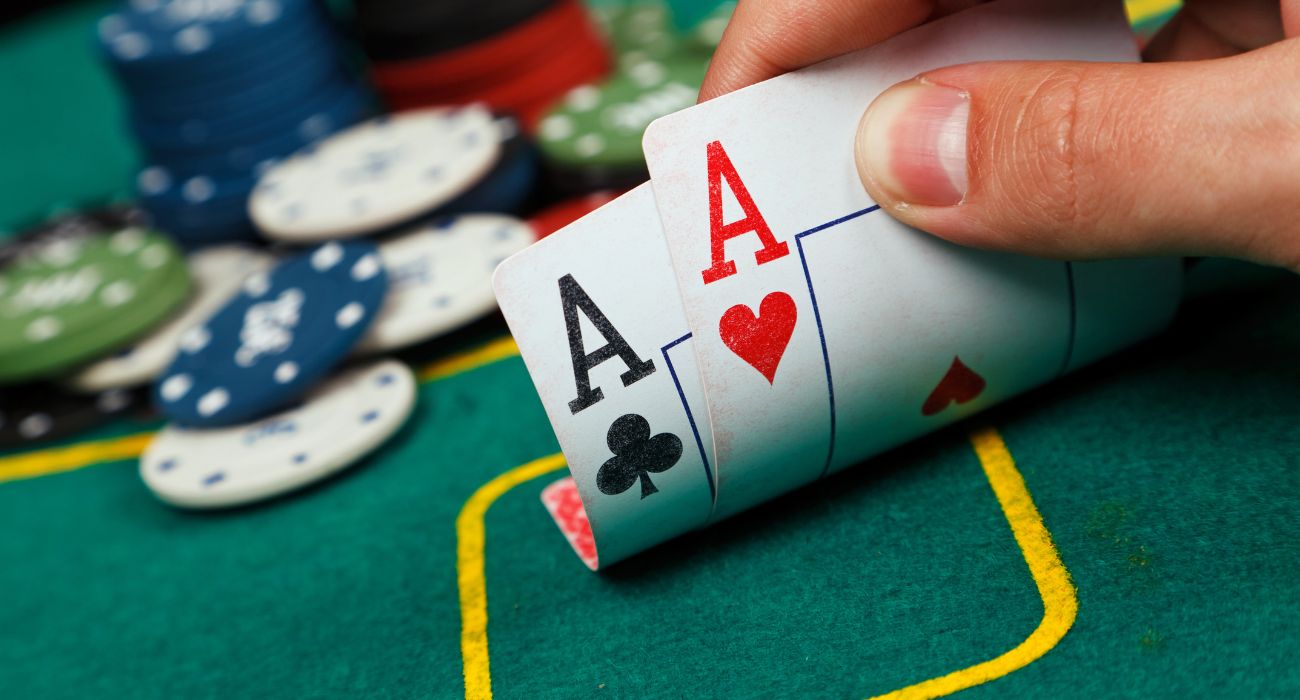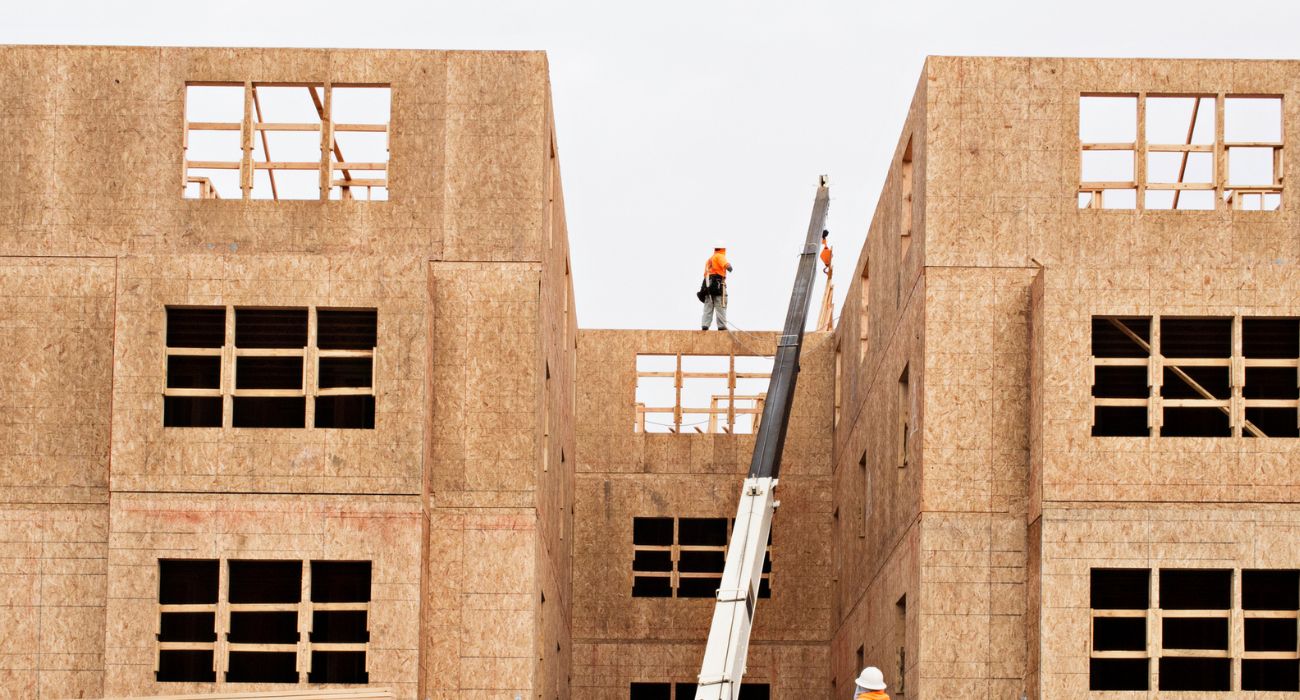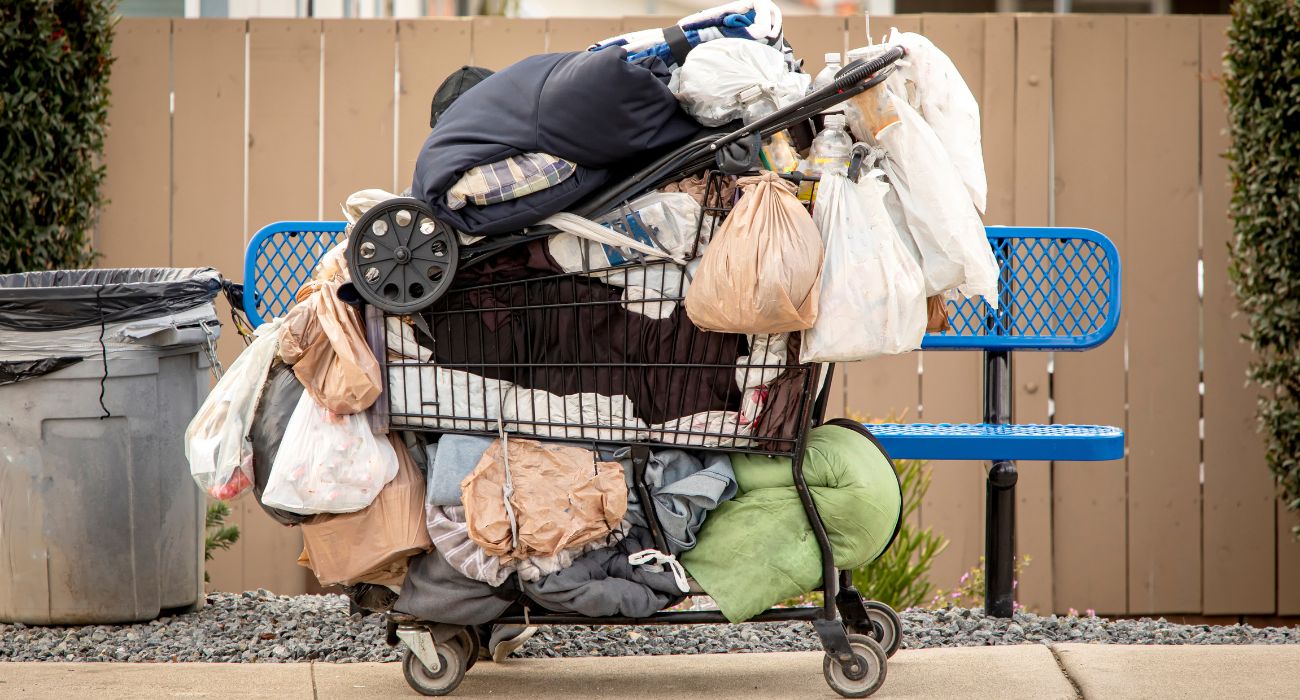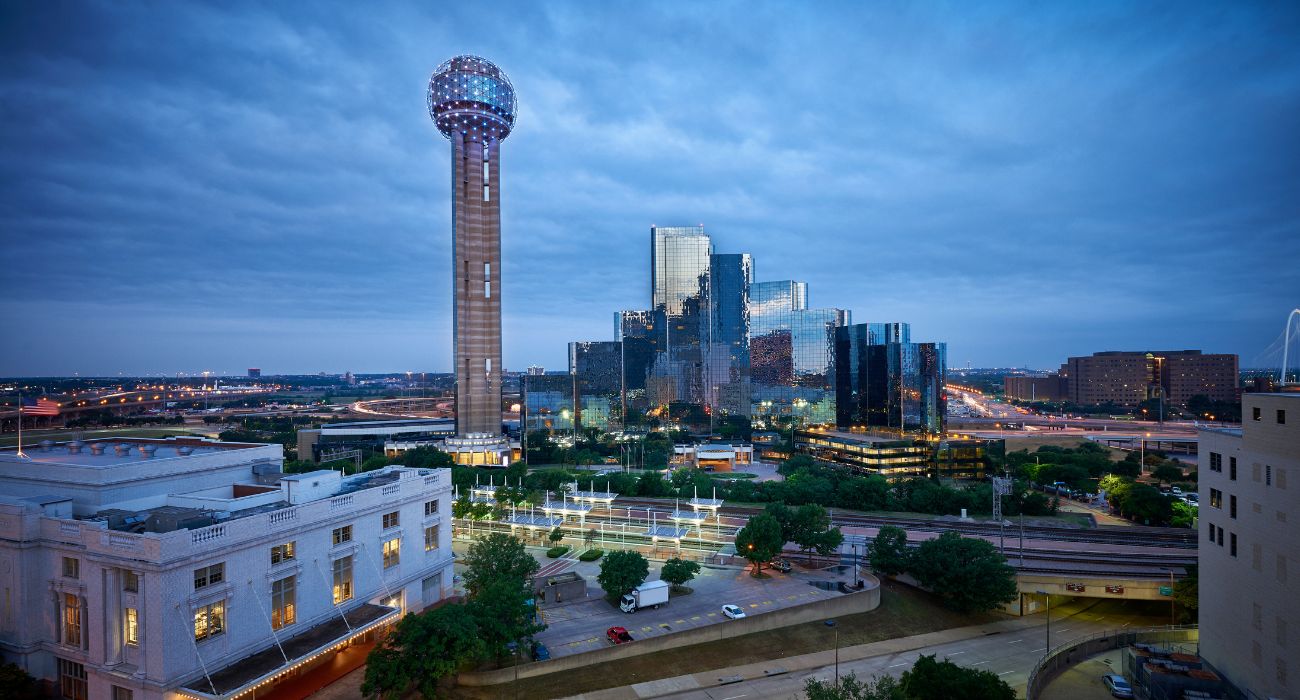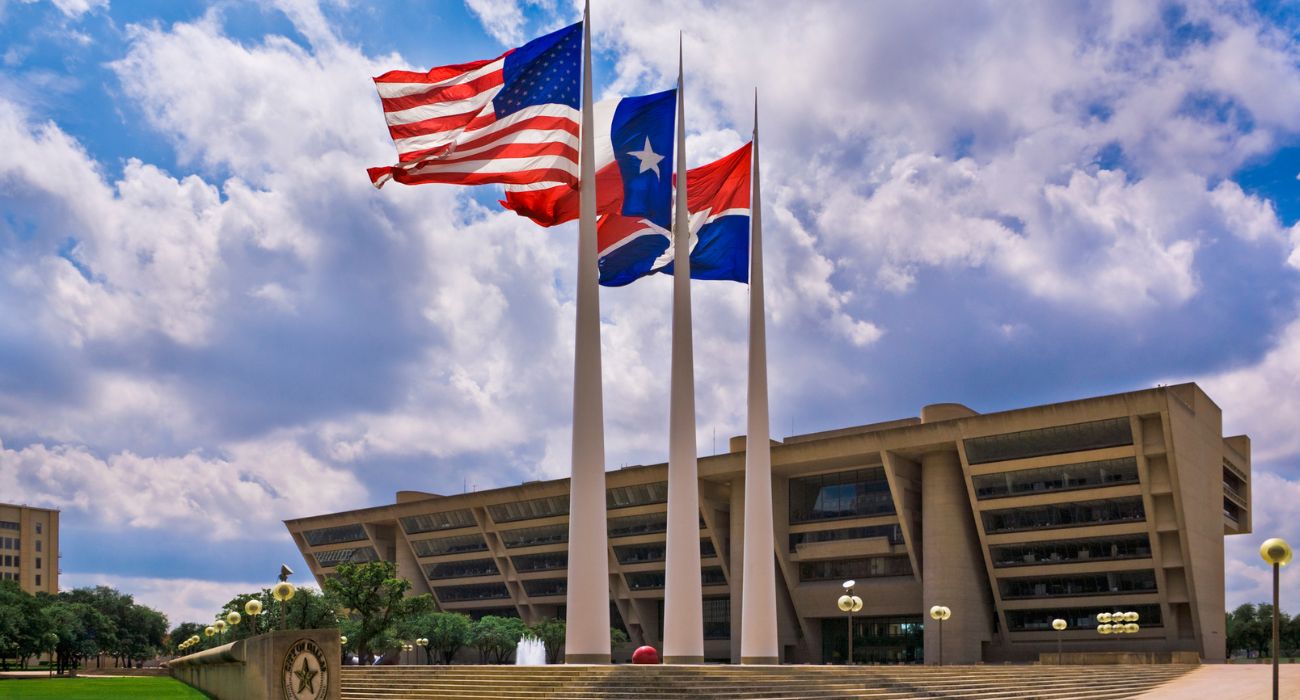Dallas-based poker clubs can resume regular operations after a district judge’s ruling that blocks local authorities from shuttering the businesses while their final appeal is pending.
Texas Card House (TCH), Shuffle 214, and Poker House Dallas are three local poker clubs caught in the midst of a legal battle with officials wishing to revoke the establishments’ certificates of occupancy.
The legal question at the heart of the appeal is whether the three businesses were in direct violation of Texas’ statewide ban on gambling. Gambling laws in Texas are some of the strictest in the country, with many activities considered criminal offenses under Texas law Penal Code Title 10, Chapter 47.
Under Sec. 47.04., titled Keeping A Gambling Place, a “person commits an offense if he knowingly uses or permits another to use as a gambling place any real estate, building, room, tent, vehicle, boat, or other property whatsoever owned by him or under his control, or rents or lets any such property with a view or expectation that it be so used.”
However, exceptions to the law exist when “gambling activity occurs in a private place, no person receives any economic benefit other than personal winnings, and except for the advantage of skill or luck, the risks of losing and the chances of winning are the same for all participants.”
These exceptions represent “an affirmative defense to prosecution under this section,” reads Chapter 47.04.b of the Texas Penal Code.
Regardless of the legal wiggle room state law provides these gambling clubs, Dallas’ former chief building code official moved forward with a lawsuit against the citizen Board of Adjustments for reversing the city’s decision to revoke the clubs’ certificates of occupancy.
Although District Judge Eric Moyé ruled to send the lawsuit back through the courts, he had previously found that local officials were justified in revoking each club’s certificate of occupancy.
Nevertheless, local authorities have been ordered to halt any action against TCH, Shuffle 214, and Poker House Dallas until a decision in the court-ordered appeal process is reached.
Meanwhile, proposed legislation recently signed by lawmakers attempts to reverse the illegality of gambling in Texas and to close various loopholes that allow poker businesses to continue operating throughout the state.
On November 14, State Sen. Carol Alvarado (D-Houston) filed legislation that would legalize sports betting and allow for casinos in Texas. If approved, a state commission would monitor and oversee the industry’s licensing, regulation, and tax collection.
“Individual city-by-city regulation is too much. Statewide regulation is untenable, so the middle point is to let the county do it,” Alvarado said.
“The purpose is to go after the bad actors and at least have some type of mechanism where you can shut down operations of people who are not doing what they’re supposed to be doing,” she explained.
State Rep. Gene Wu (D-Houston) filed House Bill 732 two days later, seeking to refine the definition of gambling to allow for use in a “private residence” instead of a “private place.” The clarification is designed to enhance the perception that poker clubs are fee-based, member-only establishments and not gambling clubs open to the non-member public.
“The definition has been stretched, massaged, twisted, and pulled to the concept we see today,” said Wu. “The law did not mean to cover a commercial enterprise where anybody can come off the street, pay a fee, and play,” he said. “That’s not private.”
A non-jury trial hearing is scheduled in the case for July 17, 2023.

